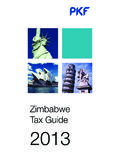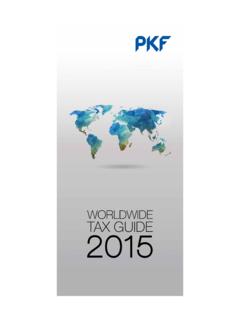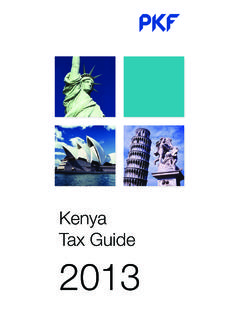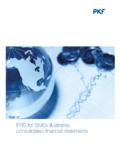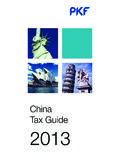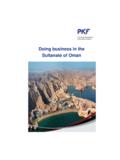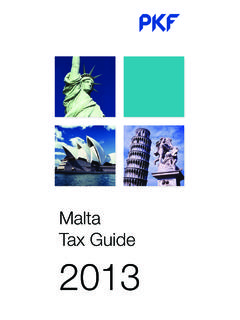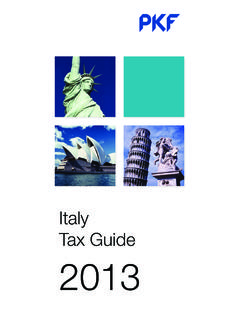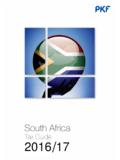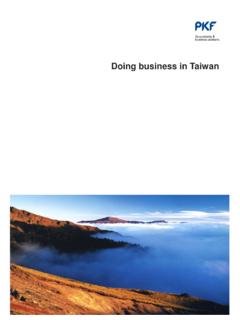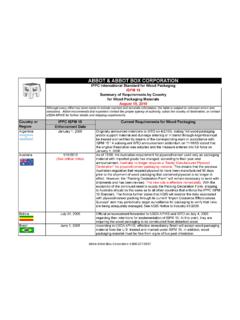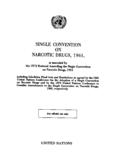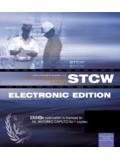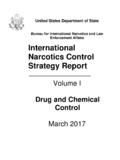Transcription of Doing business in Indonesia - PKF International
1 PKF- Doing business in Indonesia 1 Doing business in Indonesia PKF- Doing business in Indonesia 2 IMPORTANT DISCLAIMER No person should act or rely upon any matter or information contained in or implied in this publication without first obtaining advice from a qualified professional adviser that relates specifically to their particular circumstances. This publication should not be regarded as offering a complete explanation of the taxation matters referred to.
2 The publishers and the authors are not responsible for the results of any actions taken on the basis of information in this publication, nor for any error in or omission from this publication. The publishers and the authors expressly disclaim all and any liability and responsibility to any person, who acts or fails to act as a consequence of reliance upon the whole any part of the contents of this publication. Paul Hadiwinata, Hidajat, Arsono & Rekan is a member firm of the PKF International Limited network of legally independent firms and does not accept any responsibility or liability for the actions or inactions on the part of any other individual member firm or firms.
3 PKF- Doing business in Indonesia 3 Content Chapter 1 Introduction 5 Geography Culture Advantages of investing in Indonesia Constitution Language and Currency Legal system Major exports and imports Government policy on foreign investment in Indonesia Exchange controls Chapter 2 - business Structures 9 Companies Governing Documents Directors Audit requirements and practices Shareholdings by non-residents B. Foreign branches C. Partnerships Chapter 3 Taxation 14 Income taxation law and administration Introduction Fiscal year Taxpayers Taxable income Payment of tax Lodgment of returns Residence and source Residence of individuals Residence of companies Source of income Taxation of companies Taxation of profit Dividend imputation Interest deductions Royalties Taxation of permanent establishment Taxation of capital gains Interaction with International tax regime Taxation of individuals Residents Non-residents Other taxes VAT Sales tax on luxury good Excise duty Stamp duty Fiscal Tax Land tax
4 PKF- Doing business in Indonesia 4 Chapter 4 - Grants and Incentives 22 General Introduction Government Incentives Employee s remuneration Wages Fringe Benefits Social Insurances Chapter 5 - Protection of Intellectual and Industrial Property 25 Property Rights Patent Trademark Chapter 6 - Immigration and Employment 26 Permanent residence Who is eligible Labor management relation Visas Work permits PKF- Doing business in Indonesia 5 Introduction Geography Indonesia , with its capital city of Jakarta, is the largest archipelago in the world, located between mainland South-East Asia and Australia.
5 The country consists of approximately 17,000 islands, of which approximately 6,000 are inhabited, stretching some 5,000 km from east to west and 1600 km from north to west where 80% of this area is covered by sea. Because of its complex geographical make-up and unique bio-geographical position, Indonesia has enormous ecosystem diversity as well as a fascinating history and heritage. Culture With more than 210 million inhabitants, Indonesia is the 5th most populous country in the world and is among the most culturally rich countries on earth. Indonesia has more than 300 ethnic with some 250 distinct languages and dialects throughout the nation. Despite of these differences, however, Bahasa Indonesia has been adopted as the national language as well as the language of unity which is spoken by almost everyone.
6 English is generally spoken by businessmen, government officials, and foreign graduates. For the last ten years, Chinese or Mandarin language has been commonly used and has become advantage for businessmen Doing business with China. As economic development and modern education spread throughout the country, the ethnic and regional differences are being diluted. Advantages of investing in Indonesia Following the experience of economic and financial crisis in 1997, the government of Indonesia recognized that foreign investments have important role in order to reconstruct the Indonesian economy. During the following years, the successive government enacted legal and regulatory reforms which were designed to make Indonesia an attractive and competitive destination for foreign investments.
7 PKF- Doing business in Indonesia 6 Indonesia has increased domestic consumption and investment which should compensate for a global slow down in export growth to increase economic growth from per cent in 2003 to per cent in 2008. This should continue to attract foreign investment and support the focus on increased infrastructure spending and improving the investment climate. Indonesia s developing economy has been largely based upon primary industries notably agriculture and natural resources such as oil and gas, minerals and forestry. The exploitation of natural resources is the most important source of taxation revenues and foreign exchange for Indonesia .
8 In order to reduce its relative reliance on oil and gas related revenue and therefore its susceptibility to fluctuations in the world demand for oil and gas, the government is encouraging growth and investment in areas such as manufacturing and the exploitation of other natural resources. The Government also recognizes the need for foreign investment in order to assist the continuing development of the economy. The government is particularly interested in foreign investment in areas where capital, advanced technology and management skills are not readily available internally and in areas where investment will increase export earning and transfer technology to Indonesians.
9 Constitution Indonesia proclaimed its independence and became a republic on August 17, 1945. The State s basic legislation is Undang Undang Dasar 1945 ( The 1945 Constitution ). The Republic of Indonesia is governed by a president who is directly elected by the people through general election once every 5 years. The President of the Republic of Indonesia is the Head of the State as well as the Head of the Government. Communication and Transportation Domestically, Indonesia has good coverage for media across most major islands. The telecommunication companies are providing a wide range of services such as Local and International Call, Mobile Cellular Services, Internet Access, Multimedia, etc.
10 Foreign GSM mobile phones are compatible with the Indonesian telecommunications network. International phone cards are also usable at public phone kiosk and the Internet Connections are widely available in the cities. PKF- Doing business in Indonesia 7 Public transportations are easily available and relatively inexpensive. The public transportation includes trains, busses and taxis. Bus services are available in most areas connected to the road network. Taxis or rental car with chauffeur for hire is readily available in the cities. An extensive network of trains for passenger transport currently exists only in Java.
